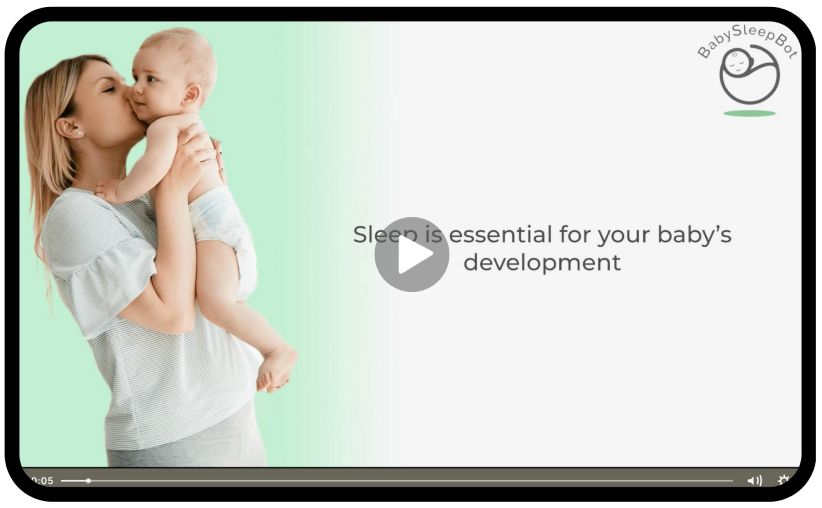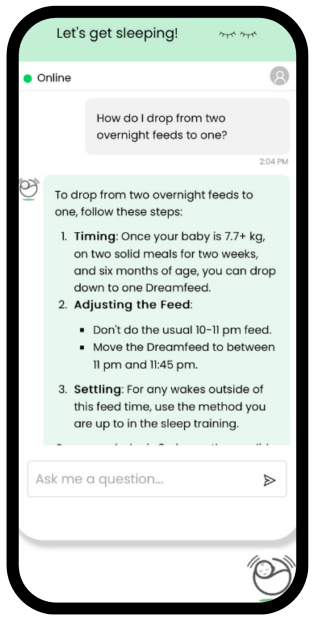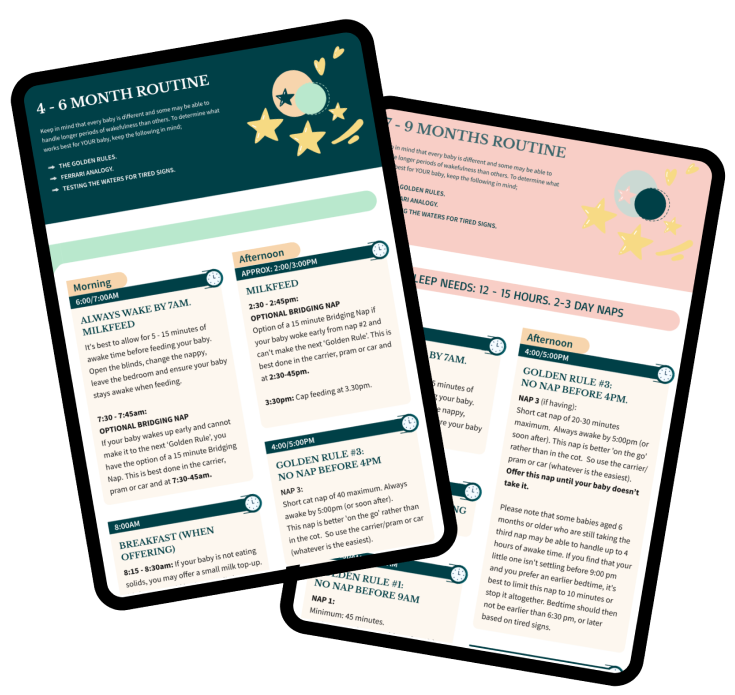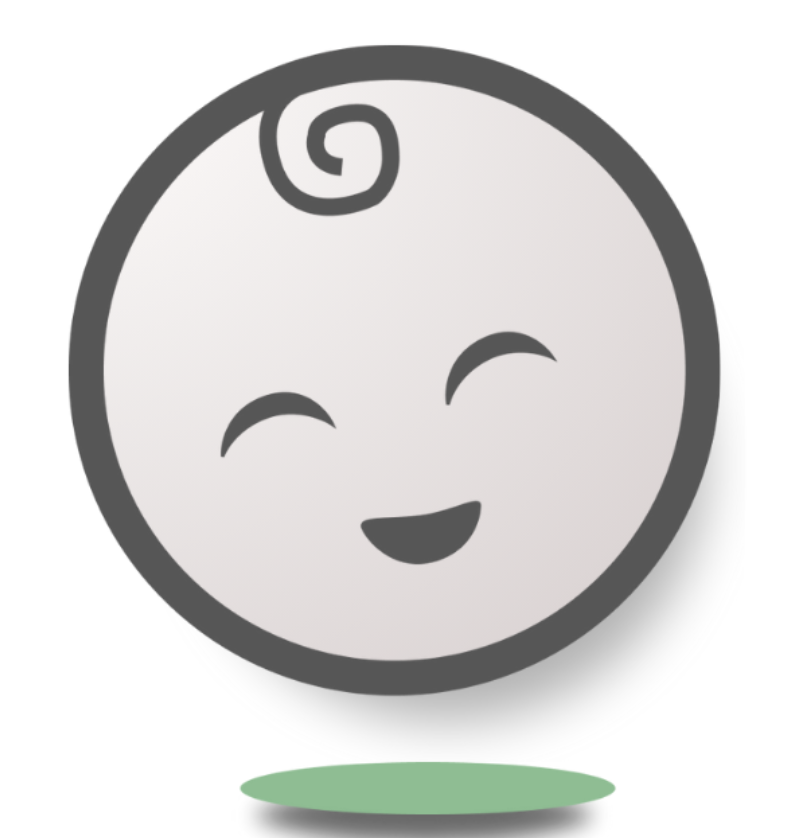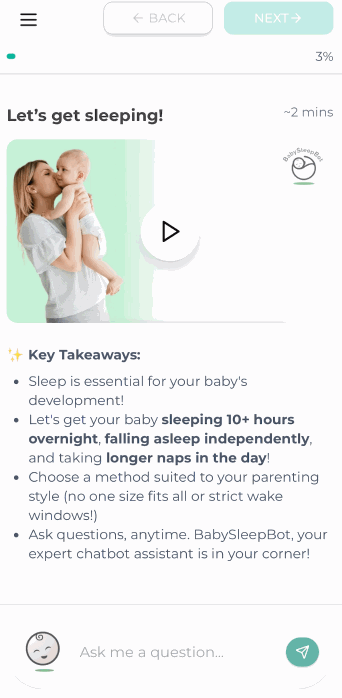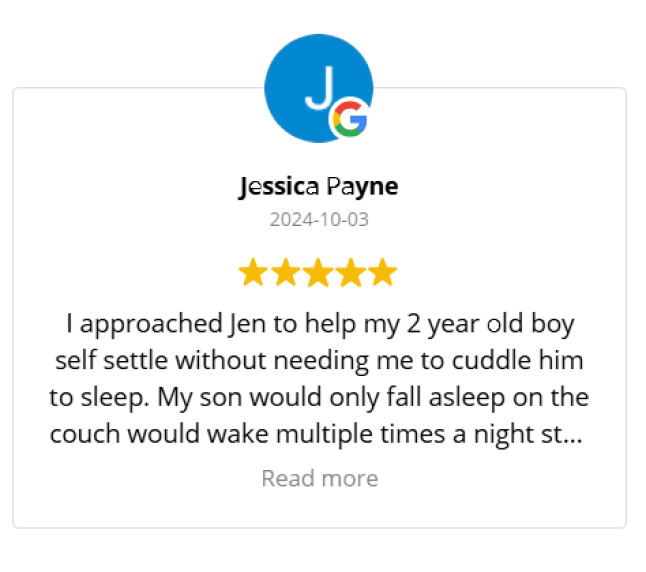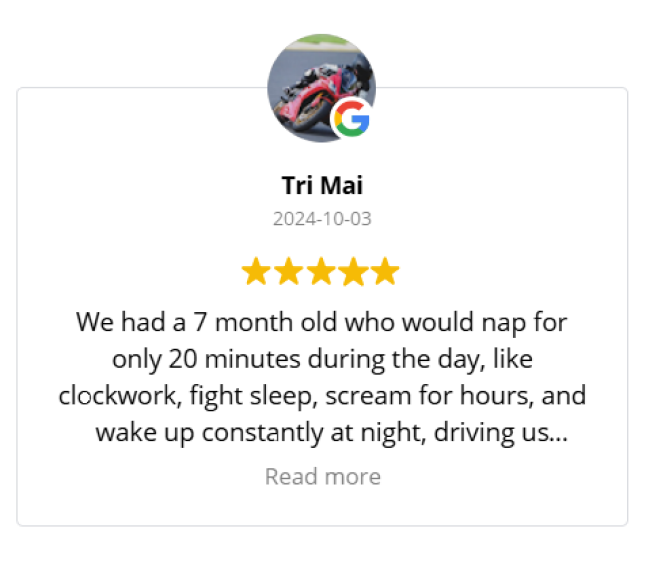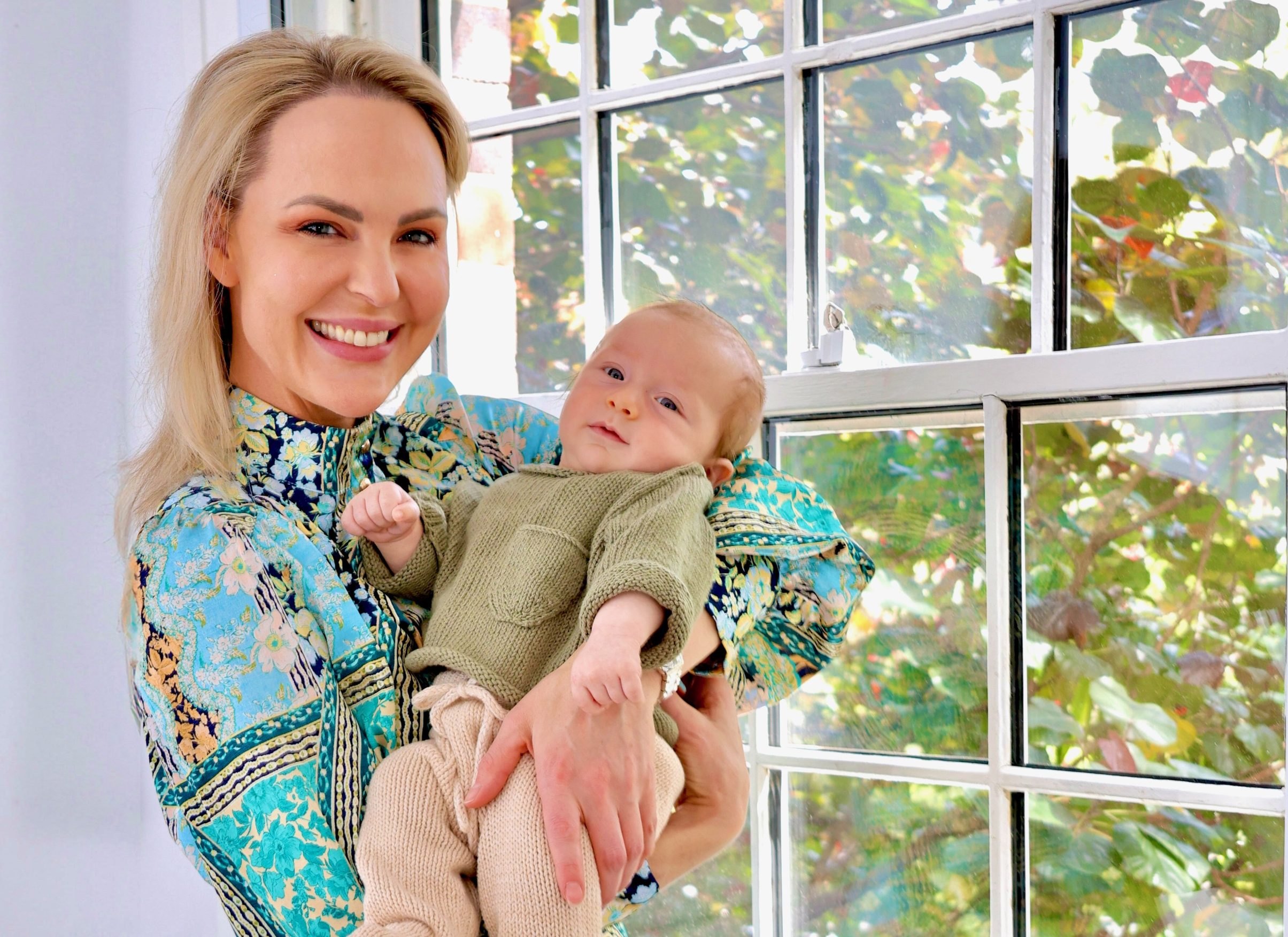
Ready for your
baby to sleep
10+ hours?
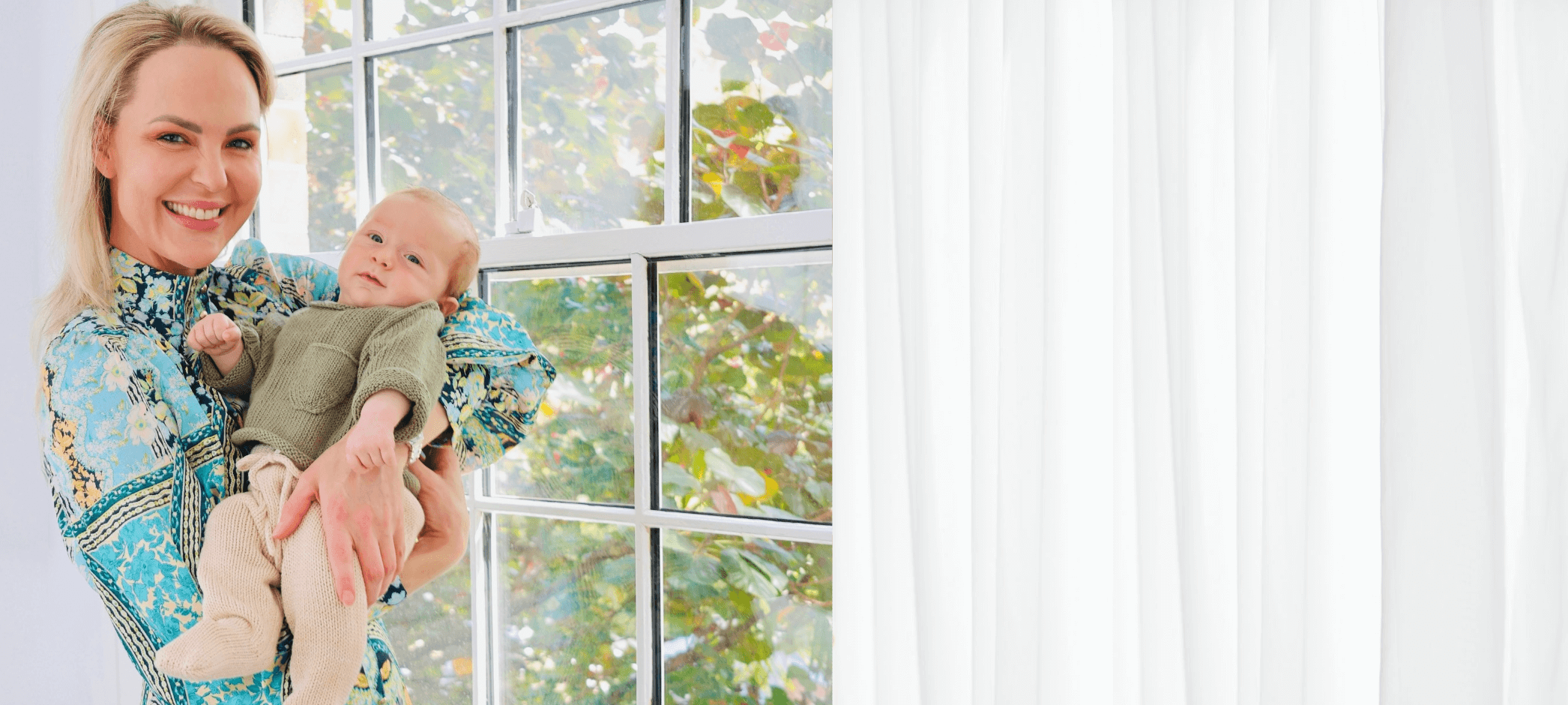
Ready for your baby to sleep
10+ hours?
Baby sleep training made easy! simply follow the steps as Jennifer Duff, Australia’s top rated baby sleep expert, guides you in this popular and highly successful online DIY program!
Your baby will:
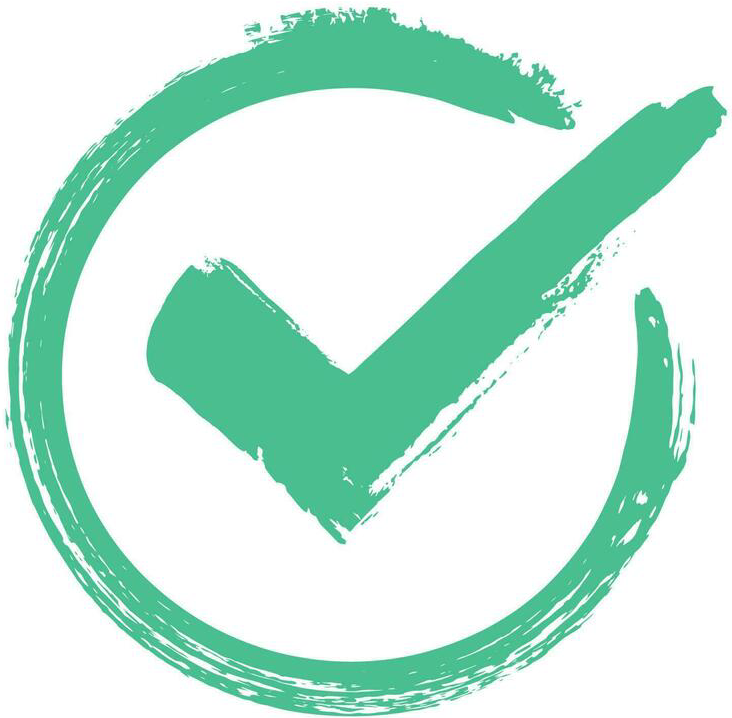
Sleep 10+ hours overnight!

Fall asleep independently within 20 minutes!

Take day naps of 1-3 hours consistently!
Meet your sleep expert
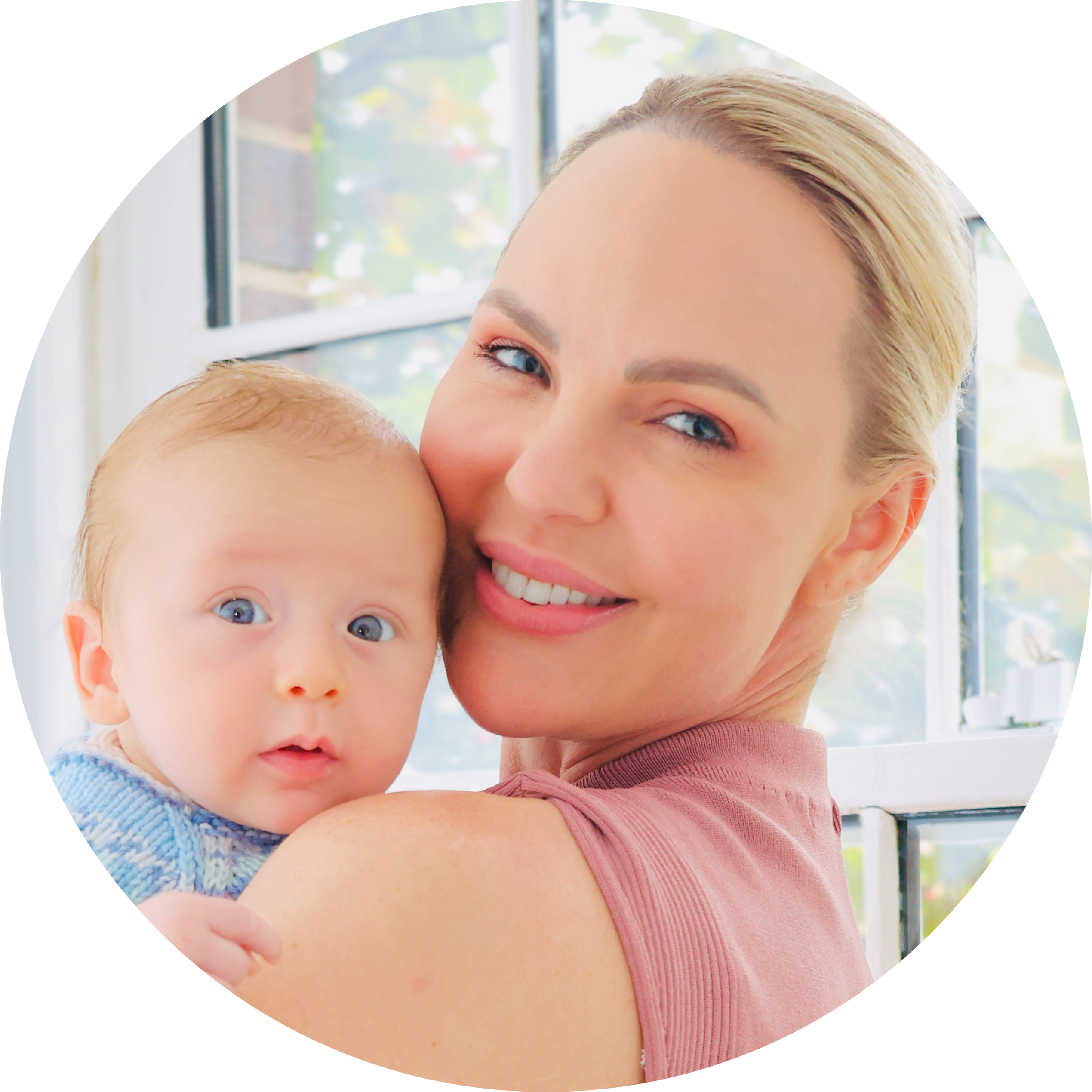

“When all you focus on is baby sleep, you know exactly what it takes!”
Hi, I’m Jennifer, founder of BabySleepBot and My Newborn. I’m a certified Children’s Sleep Specialist, Maternity Practitioner and Doula, and I’ve spent over 24 years teaching babies to sleep…
Hi, I’m Jennifer, founder of BabySleepBot and My Newborn. I’m a certified Children’s Sleep Specialist, Maternity Practitioner and Doula, and I’ve spent over 24 years teaching babies to sleep…
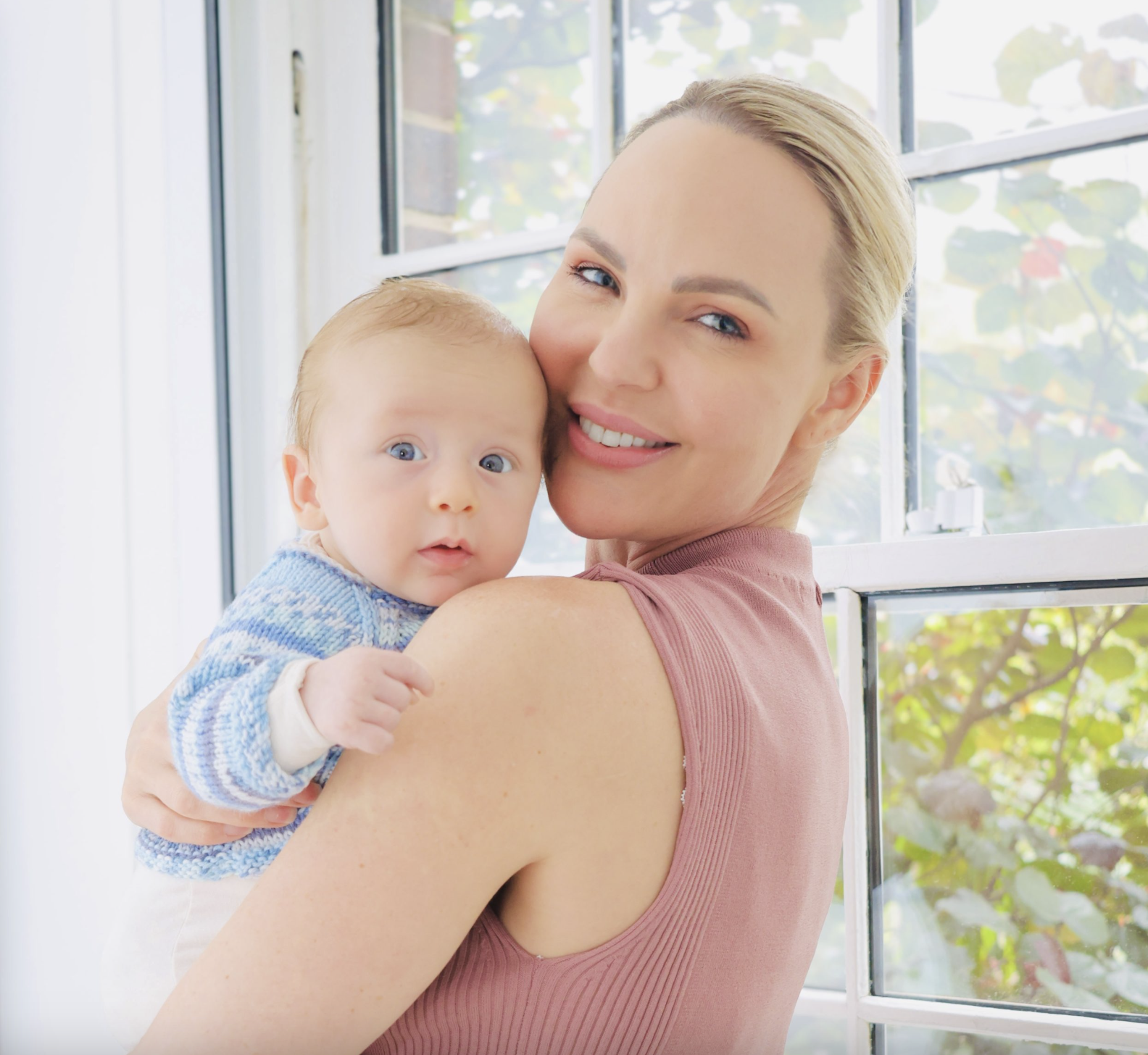
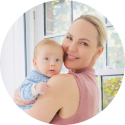
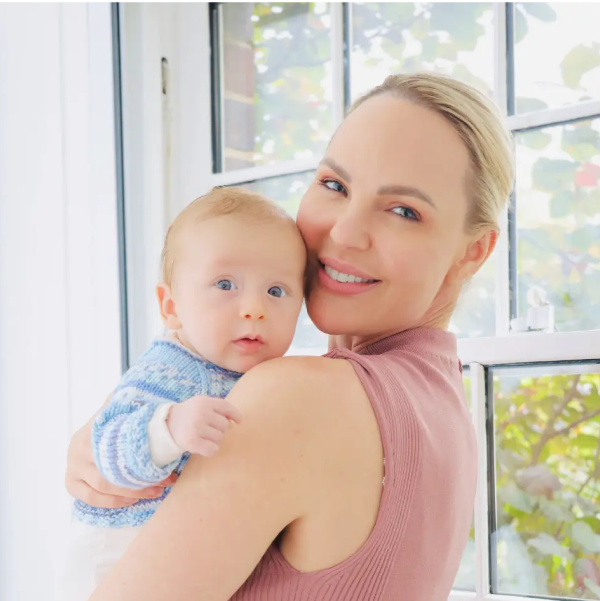

Meet your sleep expert
“When all you focus on is baby sleep, you know exactly what it takes!“
Hi, I’m Jennifer, founder of BabySleepBot and My Newborn. I’m a certified Children’s Sleep Specialist, Maternity Practitioner and Doula, and I’ve spent over 24 years teaching babies to sleep…
Watch how it works
For babies 4 months – 3 years
- No strict wake windows
- Read your baby’s individual tired signs
- Choose a method suited to your parenting style

Watch how it works
For babies 4 months – 3 years
- No strict wake windows
- Read your baby’s individual tired signs
- Choose a method suited to your parenting style
What’s included?
What’s included?
A gift to fast-track your results!
Complete this free assessment - Jennifer will personally review your situation and send back tailored advice to help you and your baby get the best results!
Complete this free assessment - Jennifer will personally review your situation and send back tailored advice to help you and your baby get the best results!
What topics do we cover?

Why isn’t my baby sleeping?

Will my baby cry?

Understanding naps

Jennifer's "Golden Rules"

Leadup to bedtime

How to tell when your baby is tired

Bedroom routine

What method should I use?

Feeding to sleep

Rocking/holding to sleep

The dummy

Self-settling
What topics do we cover?

Why isn’t my baby sleeping?

Will my baby cry?

Understanding naps

Jennifer's "Golden Rules"

Leadup to bedtime

How to tell when your baby is tired

Bedroom routine

What method should I use?

Feeding to sleep

Rocking/holding to sleep

The dummy

Self-settling
Your new best friend.
In your corner.
BabySleepBot™ is our expert AI chatbot trained extensively by Jennifer!
It’s your go-to for sleep training support! Ask as many questions as you like and get instant, personalised answers, even at 3 am!
It’s like having Jennifer in your pocket, 24/7!

"I care about your success. As added reassurance, I oversee all chatbot conversations and jump in when I feel extra support will help you"
- Jen


"I care about your success. As added reassurance, I oversee all chatbot conversations and jump in when I feel extra support will help you"
- Jen
Happy & rested parents:
Trustindex verifies that the original source of the review is Google. This program really empowered me as a mum to train my 8 month old daughter to sleep in a way I was comfortable with. She would always fight day naps and bedtime sleep would take hours. My husband and I both work full time and were at our wits end. This program has changed our life, I’m not exaggerating. We have our nights back, our sleep and our sanity, and a beautiful happy daughter.Trustindex verifies that the original source of the review is Google. Thanks to the DIY Babysleepbot program my 7 month old is now sleeping 11 hours overnight. Absolutely life changing. It was really simple to use and understand. Definitely recommend.Trustindex verifies that the original source of the review is Google. Jen has been very supportive and helpful. Our 8 month old bub was sleeping through the night and falling asleep independently after 2 nights. Her DIY program really works.Trustindex verifies that the original source of the review is Google. We utilised the DIY program and Babysleepbot for our seven month old daughter. We had been having significant challenges with teaching our daughter how to put herself to sleep in the cot, self settle, remove feeding to sleep and sleep throughout the night. It felt like we were caught in an endless cycle of being stuck in our daughter’s room from getting her to sleep on us and transferring her to the cot, her waking up and constantly repeating this process. It wasn’t helpful to her or us. From our first conversation with Jen, she was supportive and helpful with her advice, information and tools readily available for us to learn. We completed the DIY program and had 24/7 answers through the sleep bot which kept us going or answered any scenarios we had come up during the implementation. We would recommend Jen and her program to any parents needing support with any of the things mentioned above. Thank you Jen!Trustindex verifies that the original source of the review is Google. Jen’s BabySleepBot DIY program has been fantastic. It is very straightforward, easy to follow, simple and effective. Our daughter is 9 months old and we feel really comforted in knowing Jen’s program is available to keep referring back to as we navigate regression, teething and the other challenges that come with a baby in their first year. We highly recommend it to other parents out there who are having sleepless nights and want to make some simple changes to help their bub become an independent sleeper! Thanks so much Jen.Trustindex verifies that the original source of the review is Google. Jen gave us our lives back! Prior to her ‘Co-sleeping to Cot’ program we’d spend every night, until at least 11pm, rocking, driving, feeding and pramming our 10 month old to sleep. Once we’d finally get him to sleep, he’d wake almost hourly throughout the night to feed. Everything that used to work no longer put our over tired baby to sleep. With a little hard work and persistence, Jen had our little boy sleeping through the night, and in his own cot and bedroom! We thought we’d never see the day! We no longer battle with long, drawn out bed and nap times. Jen has taught us so much about recognising our baby’s uniques tired cues and how to resettle him if needed. Jen has been in contact daily throughout the program giving us guidance, redirection and answering our questions. She’s always happy to help! We couldn’t recommend Jen’s program enough!Trustindex verifies that the original source of the review is Google. I reached out Jen when my daughter Haisley is 9 months old. She wakes up couple times during the night, and rely on the dummy to fall back to sleep. Doesn’t like other sleep consultants, they have fixed routine to follow, with Jen, everything is flexible. For the first night, my daughter already sleep through the night, which is unbelievable. Besides that, Jen is very supportive, with the remote program, I can communicate with Jen with the log, and Jen always responds quick, and give me full support.Trustindex verifies that the original source of the review is Google. We came to Jen with our (almost) 4 month old baby after struggling with 40 plus minutes of vigorous bouncing and humming every night and almost exclusively contact naps during the day. My husband and I were physically exhausted and dreaded bedtime. We started the Remote Program with Jen and saw results within the first day. The sleep schedule has helped us create a better bedtime routine and I feel confident that our baby is sufficiently fed and tired before she sleeps. While naps in the bassinet are still inconsistent - to be expected at her age, I can honestly say we look forward to our bedtime routine and our baby falls asleep herself without an excruciatingly long song and dance.Trustindex verifies that the original source of the review is Google. My little one is 13 months and I started the DIY sleep program just on the 12th Jan 2025 - so about 1 week and a half ago. So far it has been beyond helpful. Within the first 2 days our little one slept right through til 6am instead of randomly waking up overnight! That extra bit of sleep actually helps so much! We are sticking to the program and what I love most is help available 24/7 with the babysleepbot as well as Jen checking to ensure all my questions are answered. Its hard when I myself battle if I am doing something wrong or not feeling confident enough with baby's sleep routine as a first time mum. Thank you so much Jen!!Trustindex verifies that the original source of the review is Google. Amazing DIY - followed her "golden rules" and saw improvements with my 8 month old Eleanor within the first few days! Definitely a must try, she really does care. I even received personalised tips over WhatsApp for things I was unsure about, as she was overseas helping another client at the time! This really is a no brainer for parents who have trouble putting their little ones to sleep.
Based on 650+ reviews

How do I get started?
Ready for sleep?
Get started for just
Don’t miss this opportunity for peaceful nights ! A single session with a baby sleep consultant costs up to $1,600!
![]()

How do I get started?
Ready for sleep?
Get started for just
Don’t miss this opportunity for peaceful nights ! A single session with a baby sleep consultant costs up to $1,600!
![]()




